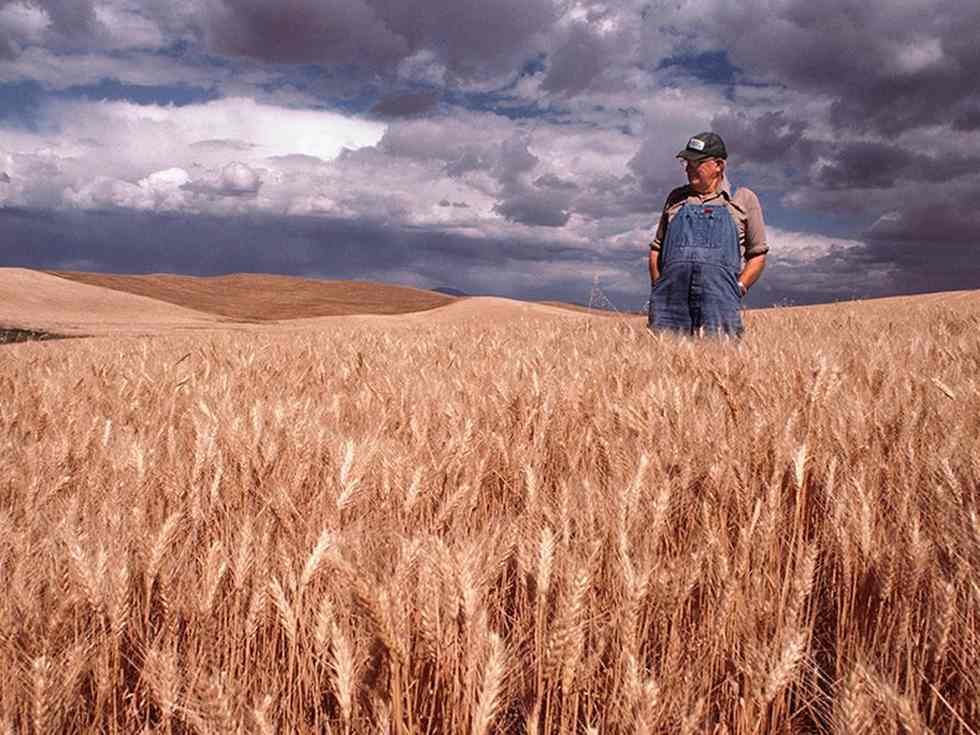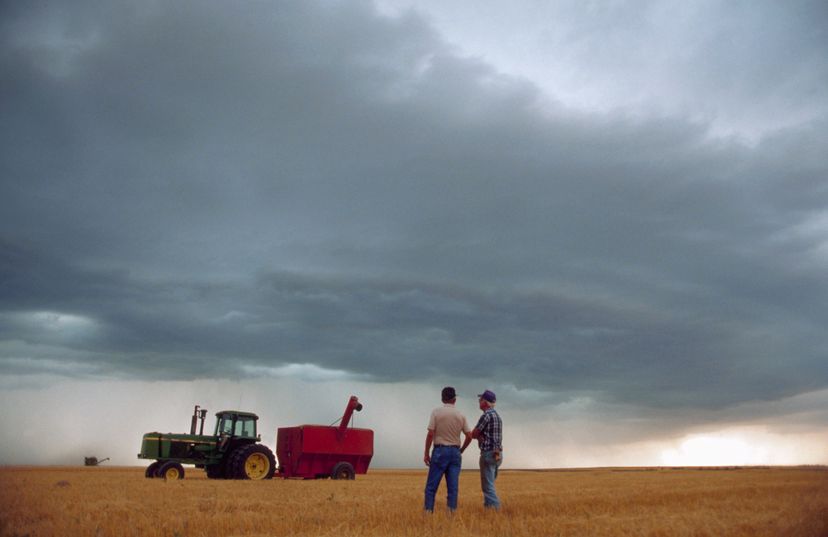
In the course of the mid-Eighties farm disaster, plunging crop costs mixed with hovering gas prices and rates of interest to place the nation’s farmers in a world of damage. For rural America, the ordeal was so extreme that rock stars had been moved to carry profit concert events and write songs. John Mellencamp’s "Rain on the Scarecrow," for example, dramatized their plight. Even so, many farmers felt so determined that they regarded for a option to finish their troubles. And through this time, the suicide price amongst farmers surged within the Midwest. Greater than 900 farmers took their very own lives within the states of Minnesota, North Dakota, South Dakota and Montana alone through the Eighties.
A number of many years have handed since then, however life on the farm hasn’t gotten that a lot simpler. In response to a brand new research within the Journal of Rural Well being, suicide has plagued farm operators and staff at a price a number of instances increased than the general working U.S. inhabitants.
In the course of the 19-year interval between 1992 and 2010, 230 farmers took their lives, at an annual price that ranged from 0.36 to 0.95 per 100,000. American staff as a complete, in distinction, by no means exceeded 0.19 per 100,000 throughout that span.
"Farmers and agriculture staff commit suicide at a price increased than all different occupations mixed," says Wendy Ringgenberg, an assistant professor of well being care administration at Des Moines College and the research’s corresponding creator, through e mail.
"Farmers’ and agriculture staff’ lives ceaselessly embrace stressors correlated with suicide," she says. Along with their monetary struggles, farmers are additionally beset by emotions of not having the ability to meet expectations, and never being in charge of occasions influencing their lives. Some are compelled to deal with ache from accidents ceaselessly suffered throughout farm work, which is among the most harmful methods to make a residing, in line with federal knowledge.
"They wrestle with their potential to carve out the position they see for themselves as farmers," says research co-author Corinne Peek-Asa, professor of occupational and environmental well being within the College of Iowa Faculty of Public Well being, in a college press launch, underscoring cultural pressures. "They cannot handle their household; they really feel like they’ve fewer and fewer choices and may’t dig themselves out. Ultimately, suicide turns into an choice."
And when farmers coping with melancholy attain a degree at which life not appears price residing, they typically have the means at their disposal to finish issues shortly, since gun possession is excessive in rural America, in line with this 2015 research. However Michael R. Rosmann, a Harlan, Iowa-based psychologist and College of Iowa adjunct professor who can also be a farmer, says that even in nations reminiscent of Australia, the place firearm restrictions are robust, see excessive agricultural suicide charges. "Farmers intent upon taking their lives discovered different strategies," he says in an e mail.
“
Ever for the reason that farm disaster of the Eighties, American farmers have struggled each with melancholy and with the means to deal with the difficulty.
Michael S. Lewis/Getty Photos
And to compound the problems, farmers face problem getting assist in dealing with their issues, since they typically stay distant from cities and cities the place psychological well being professionals are based mostly. And there is been far much less effort by the federal authorities to offer them with the type of entry to psychological well being care that navy veterans, one other group with a excessive suicide threat, obtain. And in the USA, males are 4 instances extra probably than girls to commit suicide.
For a time within the mid-2000s, Rosmann headed a program referred to as Sowing the Seeds of Hope, which operated a hotline and offered psychological well being companies to farm and ranch operators, staff and households in seven Midwestern and Western states. As Rosmann detailed in a 2014 paper, 1.9 % of the individuals who referred to as the hotline throughout a two-year interval "both had been fighting suicidal ideation, had a plan or had tried suicide." However that program resulted in 2010 attributable to lack of funding.
A 2008 federal farm invoice aimed to create one thing referred to as the Farm and Ranch Stress Help Community, which might have included a nationwide mental-health hotline and helped set up help teams for farmers. However, as Newsweek reported in 2016, Congress by no means offered the funding wanted to truly accomplish these issues.
Now That is Fascinating
As Scientific American reported in 2014, some current analysis means that publicity to pesticides could have an effect on farmers’ mind chemistry, making them extra weak to melancholy.

